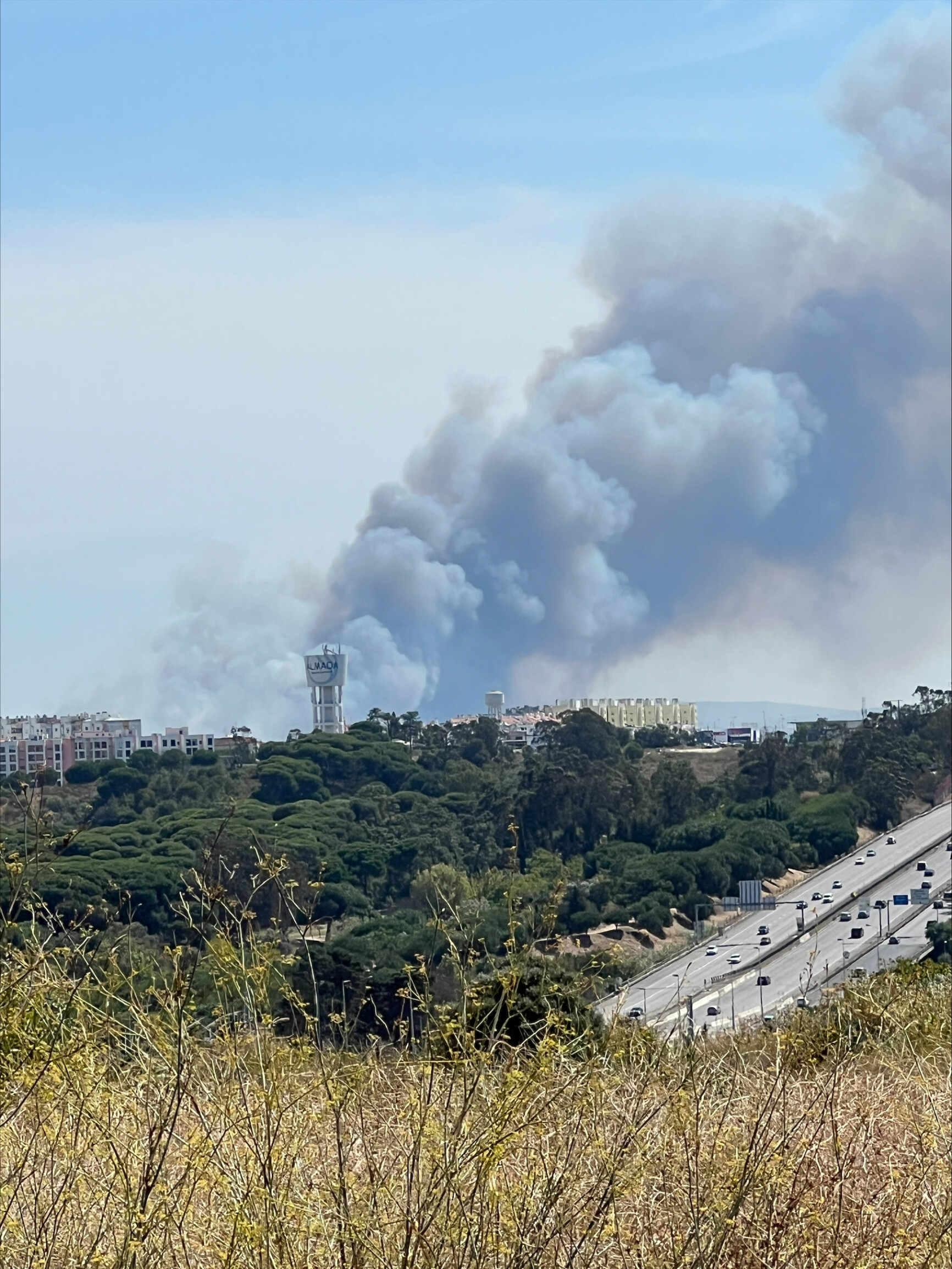Summary:
Lisbon has undergone significant transformation since the 1980s, evolving into a cosmopolitan city.
Approximately 45% of Portugal's population lives in urban areas, yet the country remains predominantly rural.
Rural areas cover 90% of Portugal's territory and are vital for food production and cultural heritage.
Recent advancements have led to a 12-fold increase in small fruit exports over the last decade.
Sustainable agricultural practices are now common, significantly reducing pesticide use and improving irrigation efficiency.
A Journey Through Time
Recently, I had the chance to revisit images of Lisbon from the 1980s, and it’s astonishing to see the transformation in urban planning, mobility, and infrastructure. The once car-clogged streets of the Baixa Pombalina and the Praça dos Restauradores filled with parked cars starkly contrast the vibrant city we know today. The Expo 98 marked a significant milestone in this evolution, showcasing the importance of strategic public investments for the future of our cities. Thanks to tourism and effective international promotion, there has been a surge in demand for real estate renewal in Lisbon, reshaping its identity into a more cosmopolitan and lively metropolis.
The Rural Perspective
While Lisbon and the metropolitan areas of Porto house about 45% of Portugal’s population, the country remains predominantly rural. Those living in urban areas often exhibit a paternalistic view towards the rural world, seeing it as a tranquil escape that should remain untouched by rapid urban developments. However, this perspective overlooks the vitality and progress occurring in these rural regions.
The Essence of Rural Areas
Rural areas are essential to both the national and European identity, comprising approximately 90% of Portugal’s territory. They are the backbone of food production, natural resource management, and the preservation of natural landscapes that support tourism and recreation. Many of Portugal’s traditions and cultural festivals are deeply rooted in these regions.
Economic Shifts and Agricultural Advancement
The economy in rural Portugal is heavily reliant on agriculture and forestry. In many areas, employment in the primary sector exceeds 20%, and in some, it accounts for nearly half of all employment. Recent decades have seen significant social and economic changes, driven by globalization and urbanization, reshaping the role of rural territories.
Sustainable Transformation
A significant part of this transformation is attributed to advancements in agriculture and forestry, which have become more productive and efficient. For instance, in the last 10 years, Portugal has seen a 12-fold increase in the value of small fruit exports, and in the past 20 years, olive oil exports have surged 12 times in volume and 18 times in value. Sustainable agricultural practices are now the norm, using less than half the amount of pesticides per hectare compared to 20 years ago, and achieving three times the irrigation efficiency of 40 years ago.
The Rise of Nature Tourism
The growth of nature tourism across rural areas has been noteworthy, along with successful programs aimed at restoring nature, such as the recovery of the Iberian lynx populations. The initiative B-RURAL has been instrumental in showcasing the positive developments in rural agriculture, inviting those who may not live in these areas to appreciate the significant progress made.
Conclusion
As both rural and urban areas continue to evolve, it’s clear that this transformation is not only beneficial but essential for the future. Portugal is not merely a nation of cities; its rural landscape is rich with potential and progress, deserving recognition and celebration.









Comments